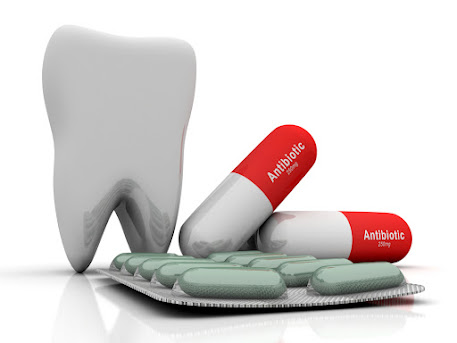If you’ve got a toothache or an infection in your mouth and are experiencing a ton of pain in your mouth, you may wonder if there is a way to get some relief. One way is an antibiotic. It might seem strange to take antibiotics, especially since it’s not a typical infection. But, all of these infections, especially within the mouth, have a lot in common. All of them have been caused by bacteria. Not every dental infection however calls for antibiotics, and here, we’ll go over whether you should get antibiotics for the toothache that you have.
Tooth Decay and bacteria.
In order to understand the reasons why a dentist might give you antibiotics, the first thing to note is that bacteria and toothaches work in a very intriguing manner. Without regular brushing and flossing that promotes the cleaning of those nasty bacteria, turning these foods into acid does happen. This results in the formation of cavities, tooth decay, and other problems. If you take in a ton of sugar, especially those that are overloaded and get stuck on your mouth, you’re going to especially give bacteria a reason to continue to fast on your mouth and structures. Bacteria that cause this are known in many cases are called Streptococcus mutans.
The Causes of a Toothache
The causes of this usually are from when the bacteria go and break down on the inner parts of the tooth, creating a vulnerability to this. This inner chamber is vital, as it contains different nerves that’ll supply you with different sensations. When some bacteria reach this, it’s painful, leading to worse dental problems that require an antibiotic treatment.
There are a lot of causes for a toothache, including cavities, where the chamber inside of the tooth is vulnerable, and abscesses happen with this. cavities don’t necessarily mean that it’s time for antibiotics. You can get cavities treated with crowns and fillings depending upon the infection. When it does reach the nerves however, you need a root canal and a cover to keep the bacteria out of there. if the tooth gets so broken down beyond repair as well, they might need to take it out.
When to Prescribe Antibiotics
Usually, when the infection is so severe that it impacts the gum and other areas of the tooth, you might need antibiotics. One example of this is pericoronitis, which is an infection that begins in the tissues of the gums, developing around the wisdom teeth. Some people who have this do get antibiotics as a treatment for this.
You may also get amoxicillin and penicillin for infections. Another one that a lot of people get is Clindamycin, which is prescribed for those who do have a penicillin allergy. You want to make sure not to have too much of this, as this can lead to bacterial resistance. You should be mindful of this, especially when taking it.
You want to make sure that, if you do take antibiotics, you always follow what the doctor orders, as this offers the ideal outcome. You’ll want to follow through with the treatment till the end, especially if there are more prescriptions to take.
If you have a toothache, there are a few ways to prevent and reduce the risk, including limiting the sugary drinks and foods you have, brushing your teeth twice daily, flossing your teeth once a day, and finally, getting a dental checkup.
Doing this prevents cavities, and prevents the need to take antibiotics, leading to a happier, healthier life for yourself.

